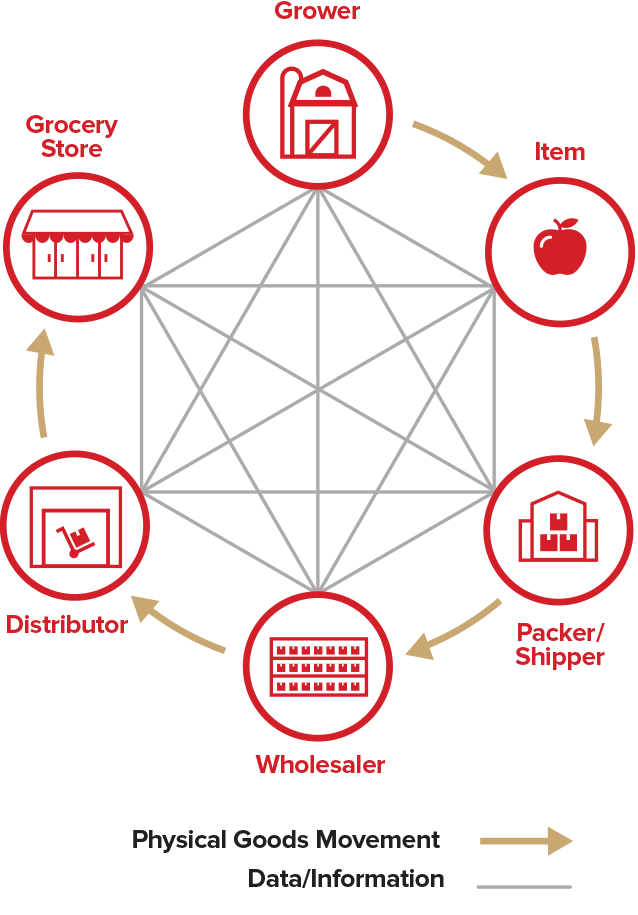The implications of blockchain for brand marketing
Blockchain is not just about currency and exchange, it’s about trust. The application of blockchain to finance is well documented, but there are also potential effects for brands through supply chain transparency for consumers and reducing the reliance on advertising intermediaries. Blockchain’s ability to record and validate information of all kinds has huge implications for a wide range of assets and transactions, as well as for branding and marketing more broadly.
Originally designed by the anonymous figure known as Satoshi Nakamoto, blockchain started as a set of internet protocols that enabled the transfer of assets directly between peers. Instead of using a middleman like a bank or other financial institution to guarantee the transaction, blockchain itself connects a decentralized digital ledger across the network. Each node on the network validates the transaction, ensuring that the assets are present and noting their transfer such that the original transaction can’t be duplicated. By connecting the parties in the transaction directly, the costs of the middleman are cut out, creating savings for both sides.
In the marketing world, Blockchain holds the possibility of reducing reliance on intermediaries for digital ads like Google and Facebook who currently vet advertisers for the host website, ensuring that they are appropriate and consistent with the host’s brand and messaging. With blockchain technology, the advertiser would already be validated through the network, and the process would ensure transparency and payment for click revenue.
The transparency and diffused nature of the network ensures fairness and accountability. Blockchain could also allow users more control over their own data, facilitating peer-to-peer transactions and distribution of content and information that people can trust. That’s a huge opportunity for brands to guarantee customer privacy and product authenticity, inspiring loyalty to the brand and adding value to the product.
It’s not just about money: blockchain and transparency along the supply chain

Using blockchain technology, brands can chart the lifecycle of their products for their customers, showing where they originated, how they were made, and where the components were sourced. In today’s increasingly socially conscious environment, that has applications for environmental sustainability of a product, as well as the labor practices and worker treatment that went into making it.
Blockchain can validate every step of the manufacturing process, letting customers know all the component parts of a piece of complicated machinery and ensuring the quality of the materials and their sources. With blockchain, brands may be able to offer increased transparency to their customers. For brands making commitments of increased visibility into their supply chain practices, this could be an important way to truly live up to their brand promise.
Outside of financial currency markets, the benefits of blockchain technology are yet to be fully realized and are only starting to be explored. However, the technological landscape is rapidly changing. As it evolves, how will you consider using blockchain technology to bring greater transparency to your brand in the future?
Selected sources:
